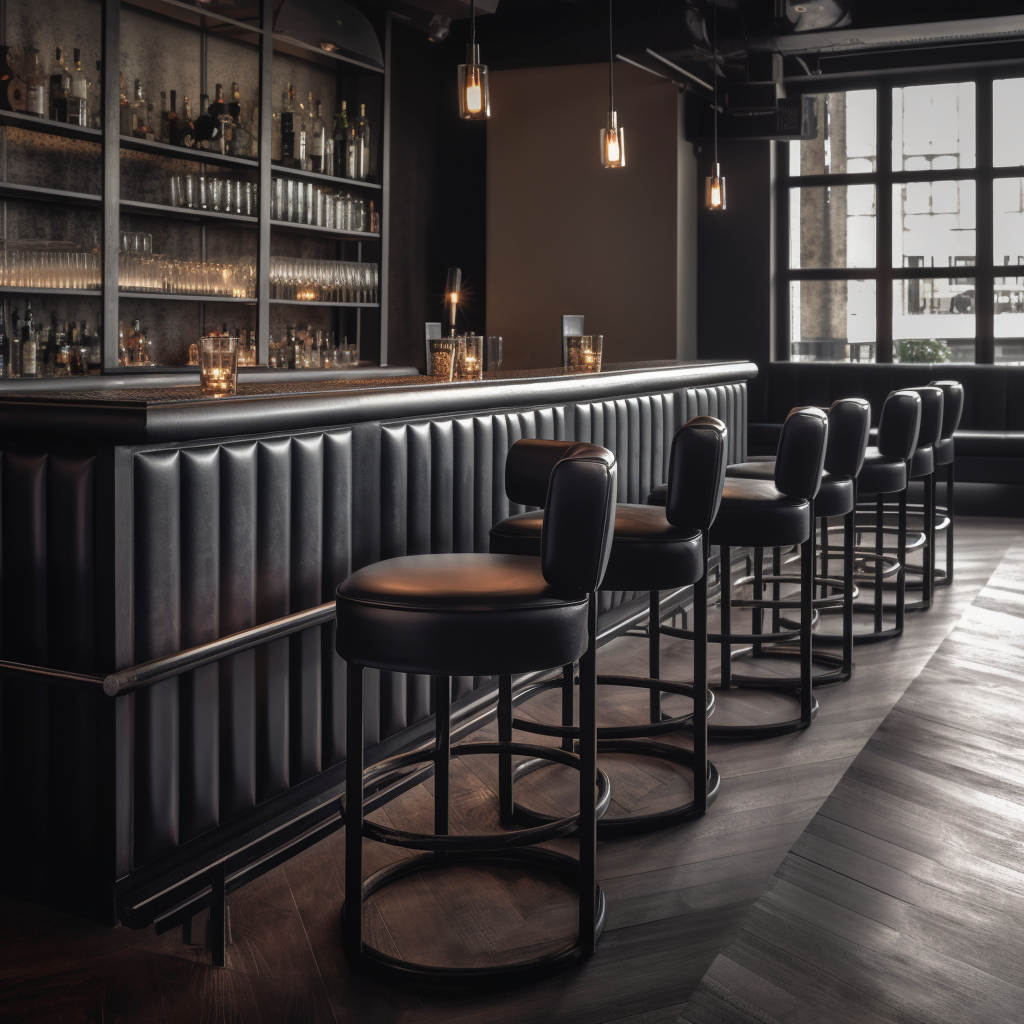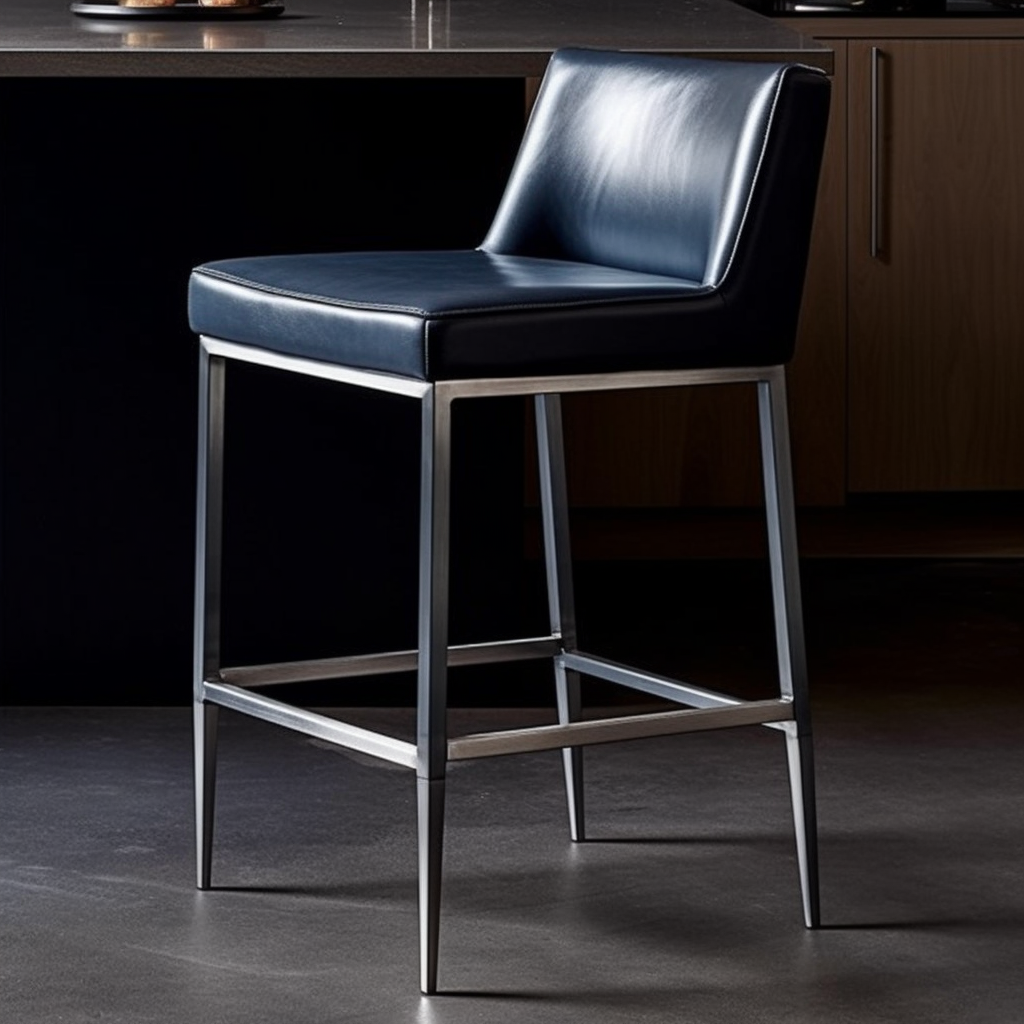30
May
2024
The Role of Contract Foam in the Hospitality Industry: Enhancing Guest Experience
CAN WE HELP
Contact us today or requests a call back. We’ll do our very best to help you with your query and someone’s always available to chat.
CONTACT INFORMATION
Rubber Products (Leeds) Limited, Ingram Road, Holbeck, Leeds LS11 9RQ
0113 243 4358
[email protected]
Mon – Thurs 7.30am – 4.30pm
Fri 7.30am – 3.30pm








